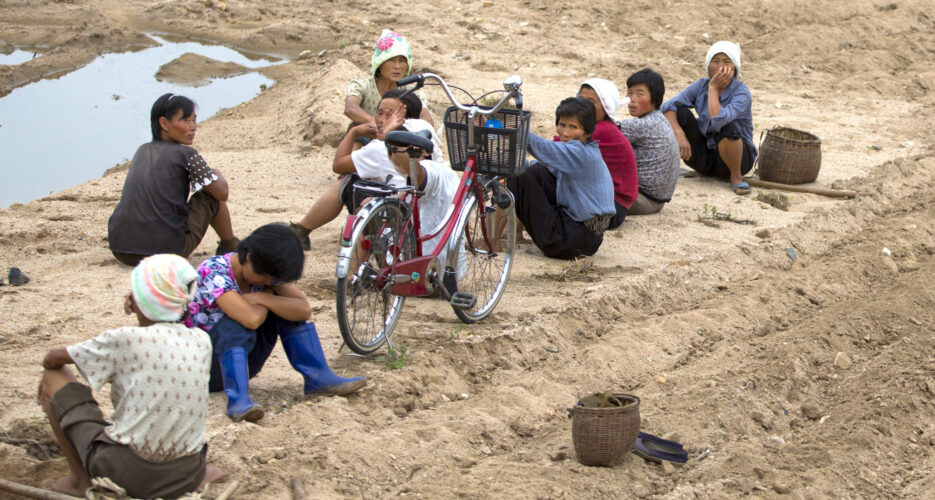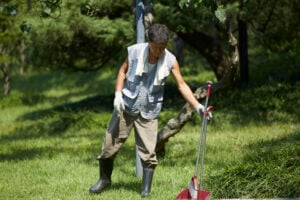A dryer than average winter will contribute to persistent food insecurity in North Korea in the coming months, according to the latest projections by the World Food Program (WFP).
“Possible low snow cover” would affect winter crops since snowmelt is one of the main water sources during the season, while increased global prices for food and fuel are also “key drivers” for food insecurity in the DPRK, according to WFP analysis seen by NK News.
A dryer than average winter will contribute to persistent food insecurity in North Korea in the coming months, according to the latest projections by the World Food Program (WFP).
“Possible low snow cover” would affect winter crops since snowmelt is one of the main water sources during the season, while increased global prices for food and fuel are also “key drivers” for food insecurity in the DPRK, according to WFP analysis seen by NK News.
Become a member for less than $4 per week.
Unlimited access to all of NK News: reporting, investigations, analysis
The NK News Daily Update, an email newsletter to keep you in the loop
Searchable archive of all content, photo galleries, special columns
Contact NK News reporters with tips or requests for reporting
Get unlimited access to all NK News content, including original reporting, investigations, and analyses by our team of DPRK experts.
Subscribe now
All major cards accepted. No commitments – you can cancel any time.










